Posts categorized News/Events
Page 4
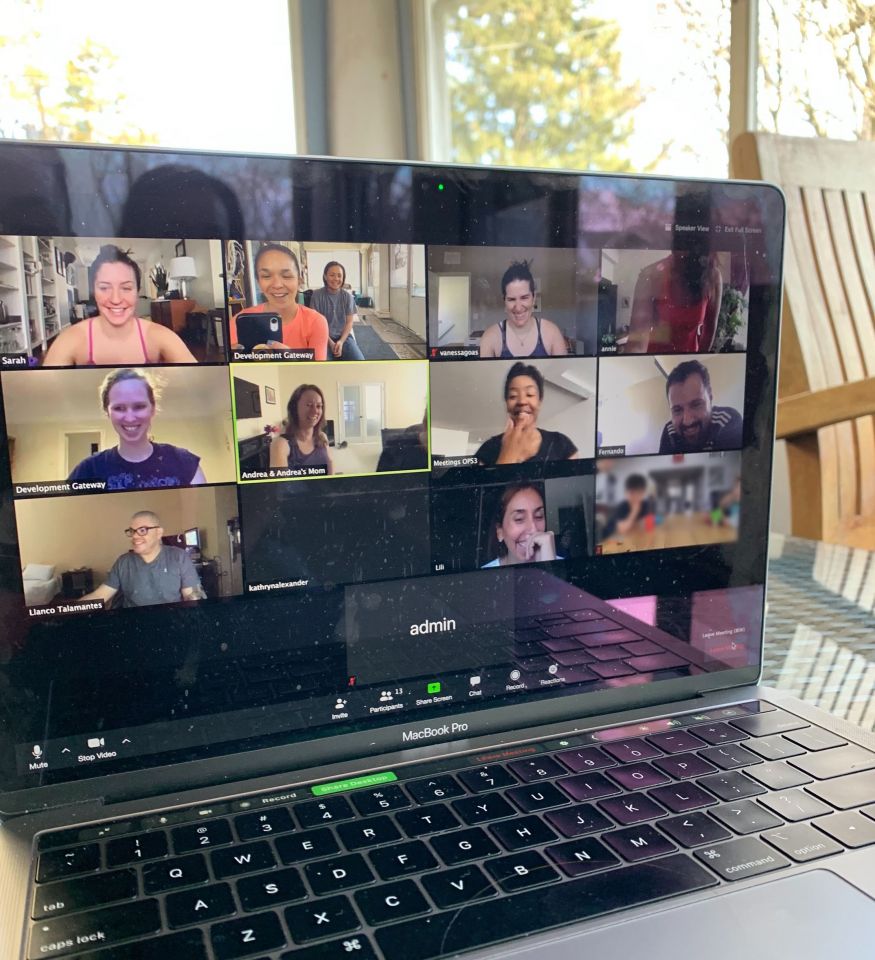
Team Building in a Time of Uncertainty
Covid-19 has changed the way many of us work & engage across teams. As with most organizations, DG’s DC-based team became fully remote a few weeks ago. While this was a shift for some of our staff, most DGers are globally-based and had already been working remotely. We want to take a moment to look at what we have been doing all along and what we have added to keep our team connected and supported.
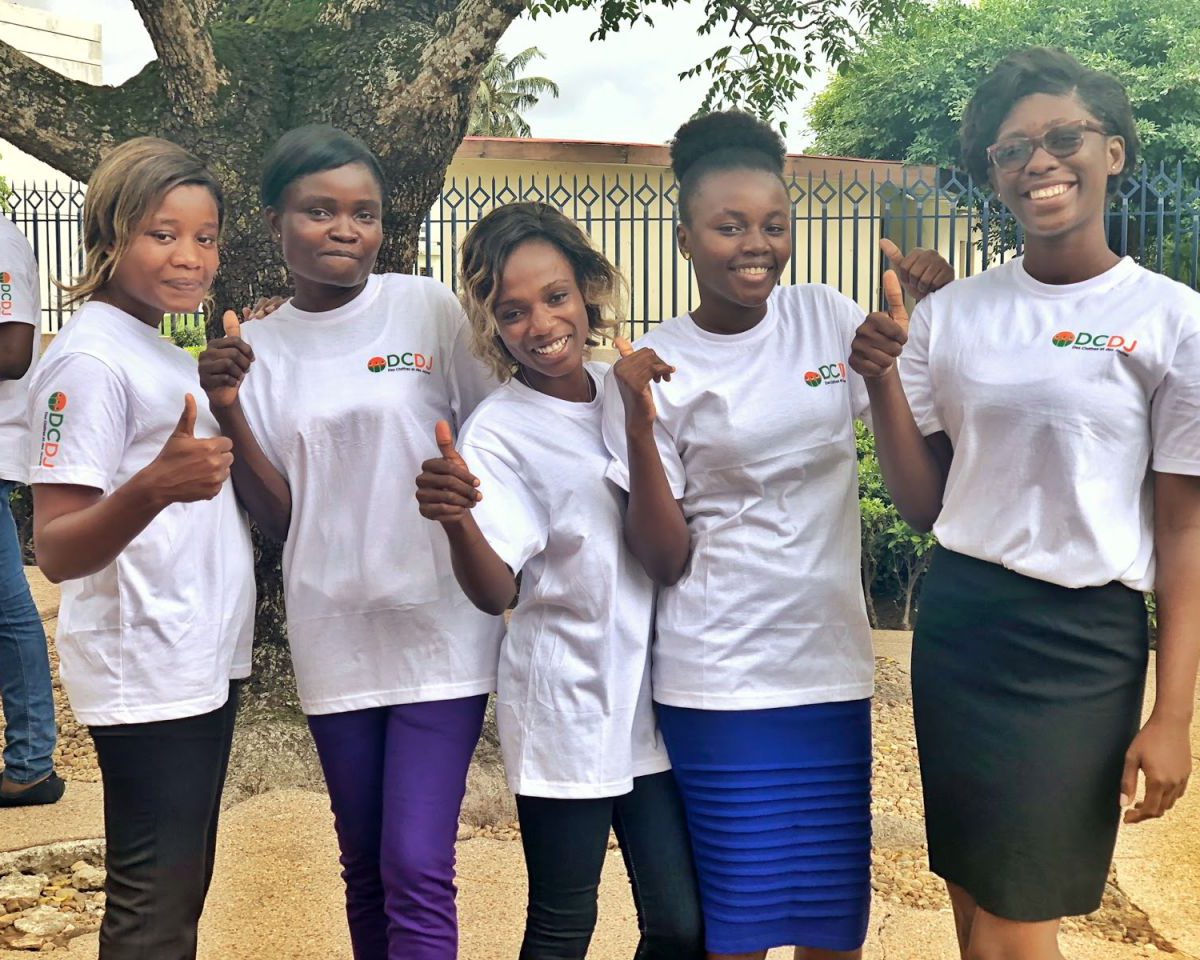
Narrow the Gendered Data Divide by Investing in Women
As we approach Beijing+25, awareness about the literal value of gender equality continues to rise—but actual progress has stalled. The 2020 World Economic Forum Gender Gap Report reveals women’s under-representation is most acute in data, digital, and technology fields that will drive economic growth over the next decade. According to the report, just 12 percent of cloud computing, 15 percent of engineering, and 26 percent of data and artificial intelligence professionals are women.
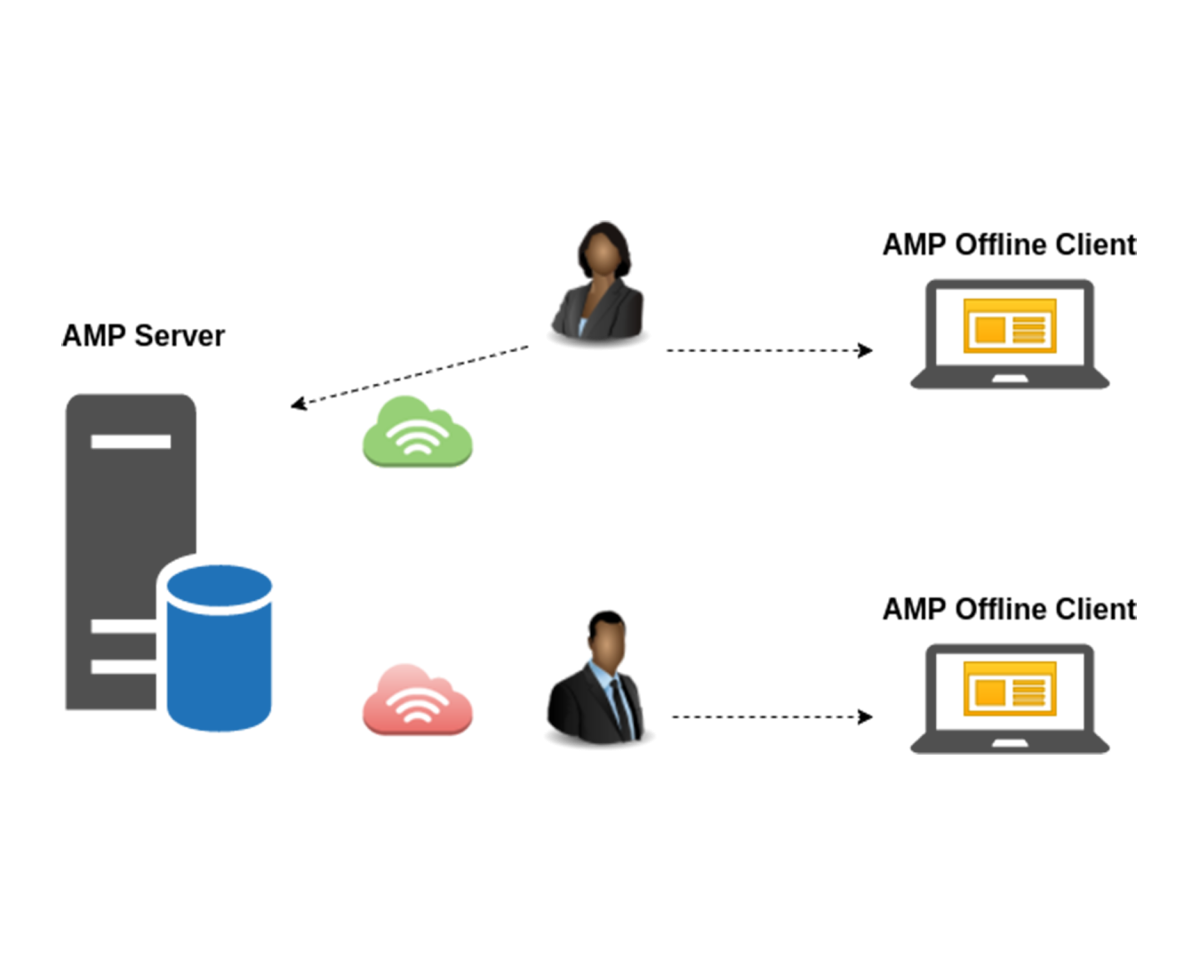
AMP Offline Joins Full AMP Code in Going Open Source
In line with Development Gateway’s commitment to using open-source technology, and building on the transparency and community benefits we’ve seen from opening the Aid Management Platform (AMP) source code last year, DG is pleased to announce that we’ve made the AMP Offline application fully open-source.
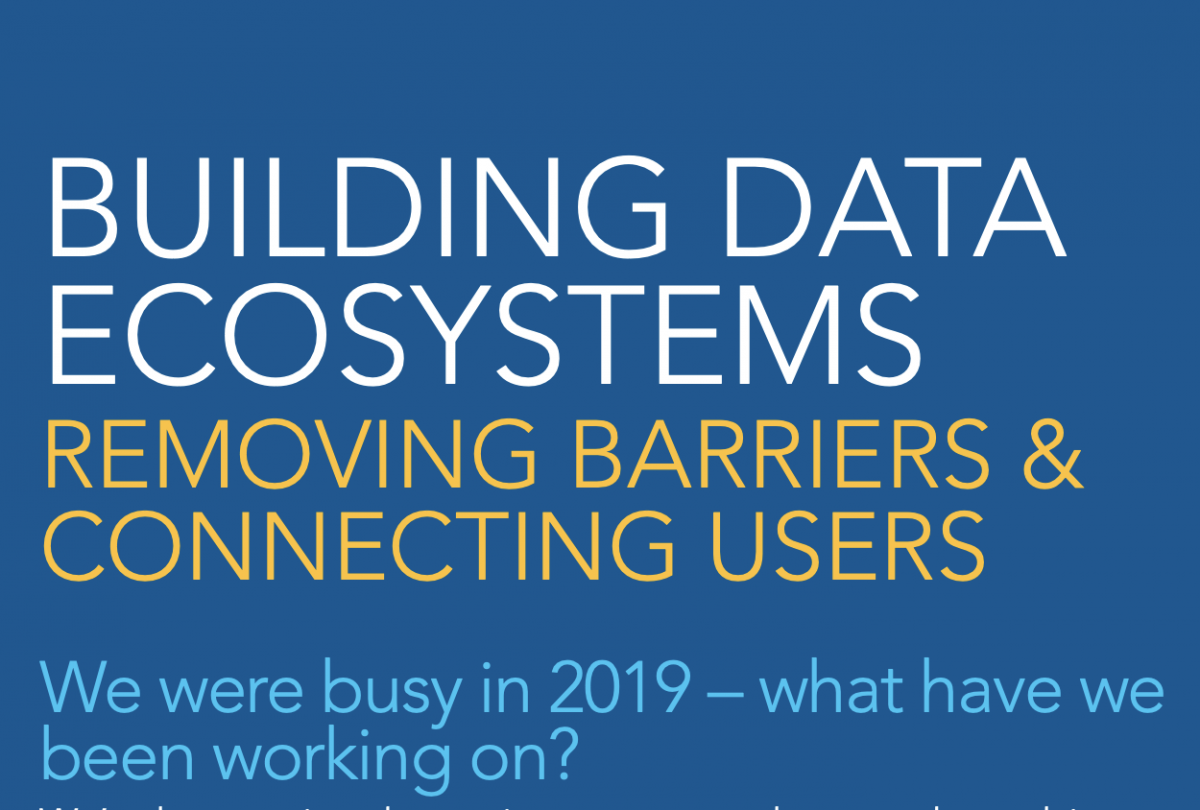
Four Highlights from our 2019 Annual Report
Throughout 2019, DG furthered our mission of supporting the use of data, technology, and evidence to create more effective, open, and engaging institutions. We leveraged our 2018-2021 Strategic Vision to deepen work in agriculture, extractives industries data, and inclusive programming. There’s much more to read in Building Data Ecosystems: Removing Barriers & Connecting Users,
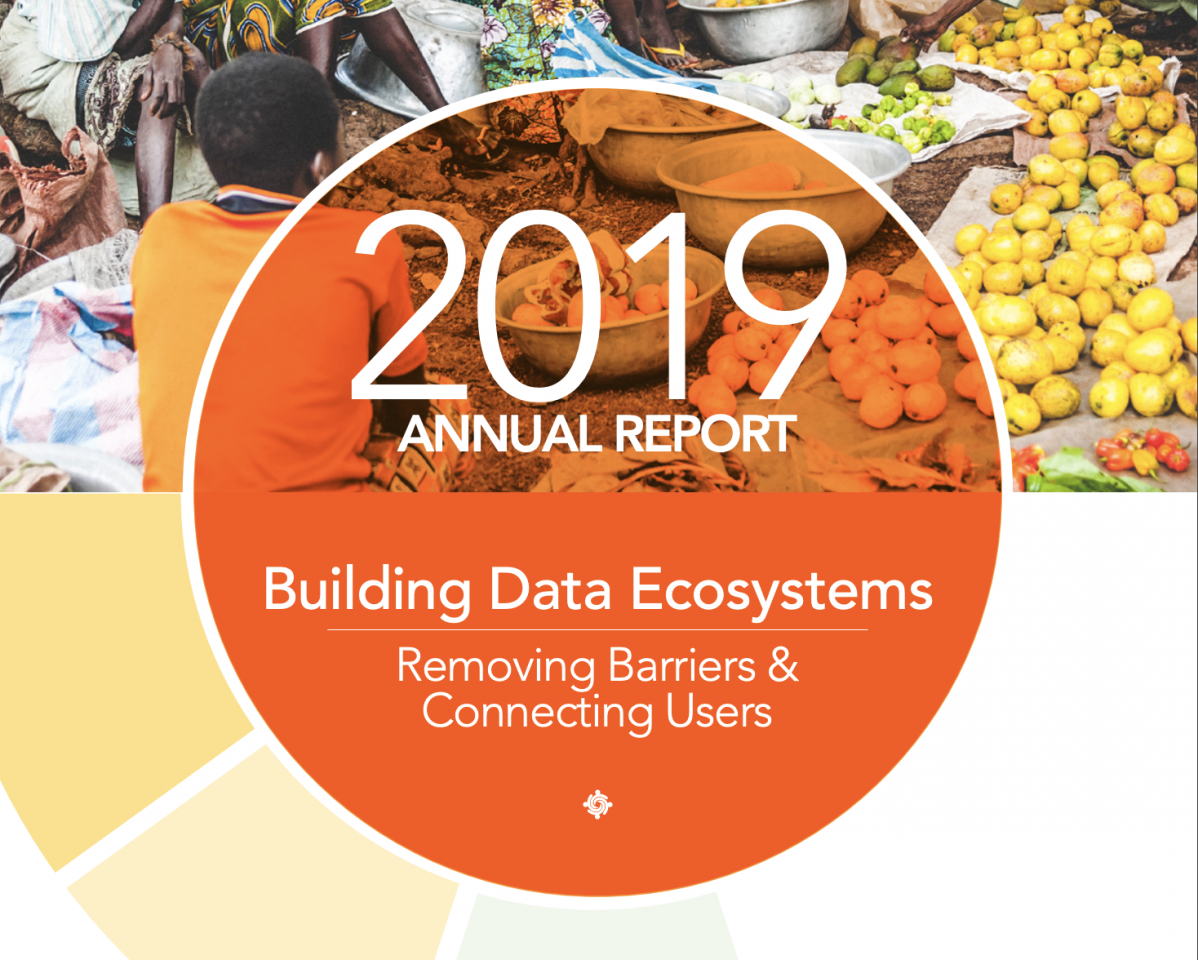
Announcing our 2019 Annual Report
DG is pleased to announce the digital publication of our 2019 Annual Report, Building Data Ecosystems: Removing Barriers & Connecting Users. DG worked to bridge gaps in data use and availability, link local and national systems, and connect policymakers, partners, and citizens to the data they need to support stronger, more informed decisions.

Introducing Our Newest DG Board Members
DG’s Board of Directors plays a crucial role in helping to define the scope of our work, ensuring that our progress is aligned with our mission, vision, and strategic plan. Today, we are pleased to welcome two new members to the DG Board.

Introducing the Principles for Subnational Data Use
Tying the DataRev's themes together and driving home the efficacy of investing in subnational data skills, we launched six Principles for Subnational Development. Colleagues shared illustrative case studies, drew important connections to the Principles for Digital Development, and led group discussions to further solidify the Principles.
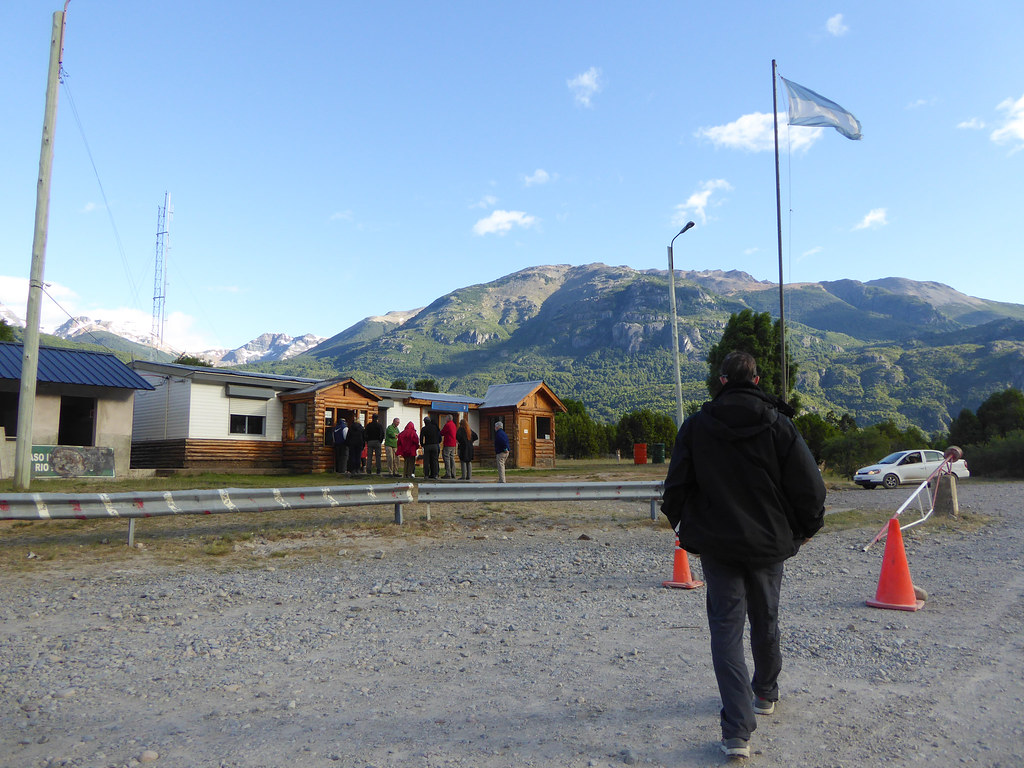
A New OCDS portal for Argentina’s Dirección Nacional de Vialidad // Un nuevo portal EDCA para la Dirección Nacional de Vialidad de Argentina
Esta publicación está disponible en español al final de esta página. Over the last 10 months, Development Gateway (DG) has worked with Argentina’s National Roadworks Directorate (DNV) to create an Open Contracting (OC) data portal for the DNV.
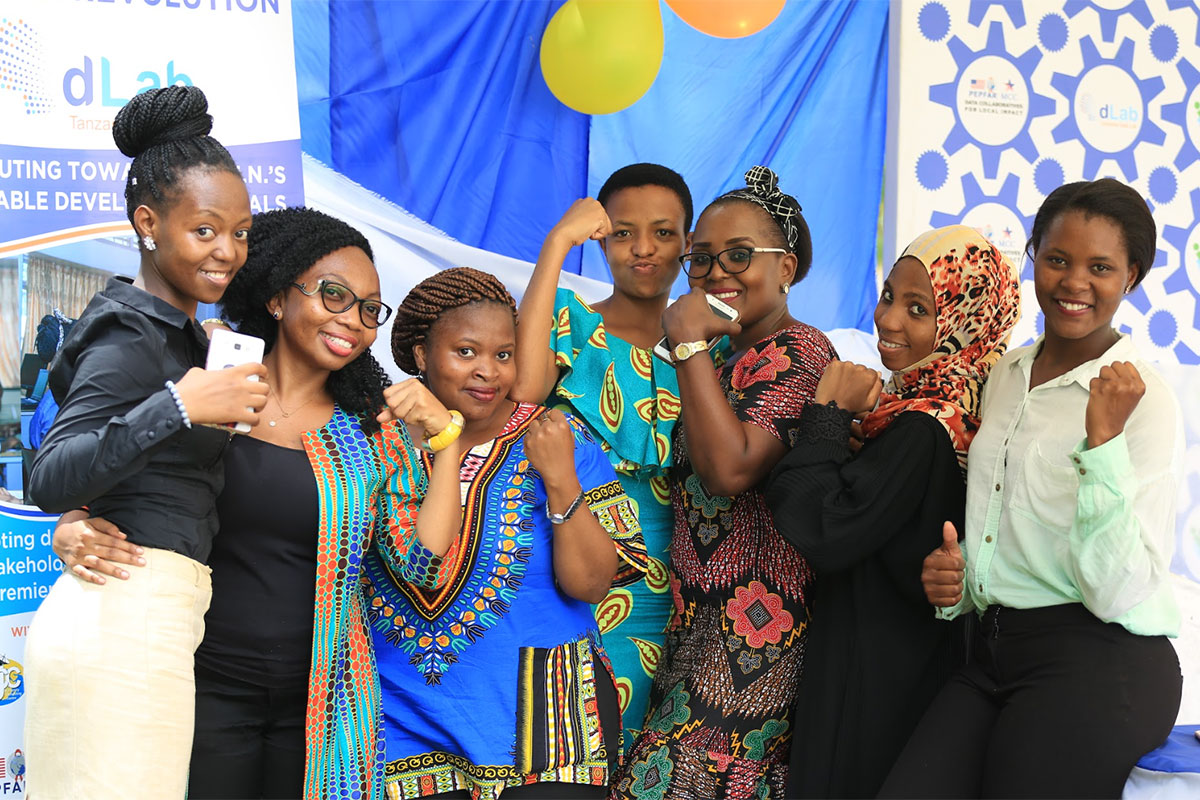
DG at the DataRev, November 20-22
The DataRev begins on November 20th here in Washington, D.C, kicking off a 3-day learning, collaborating, and networking event centered on the importance of data use to inform, drive, and measure development outcomes. At the Data Rev, we’ll gather with partners to promote and discuss the importance of investing in local data skills to drive decision making.
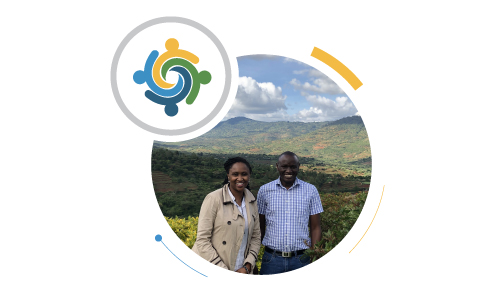
Sharing DG’s Strategic Vision
Development Gateway’s mission is to support the use of data, technology, and evidence to create more effective and responsive institutions. We envision a world where institutions listen and respond to the needs of their constituents; are accountable; and are efficient in targeting and delivering services that improve lives. Since late 2018, we’ve been operating under